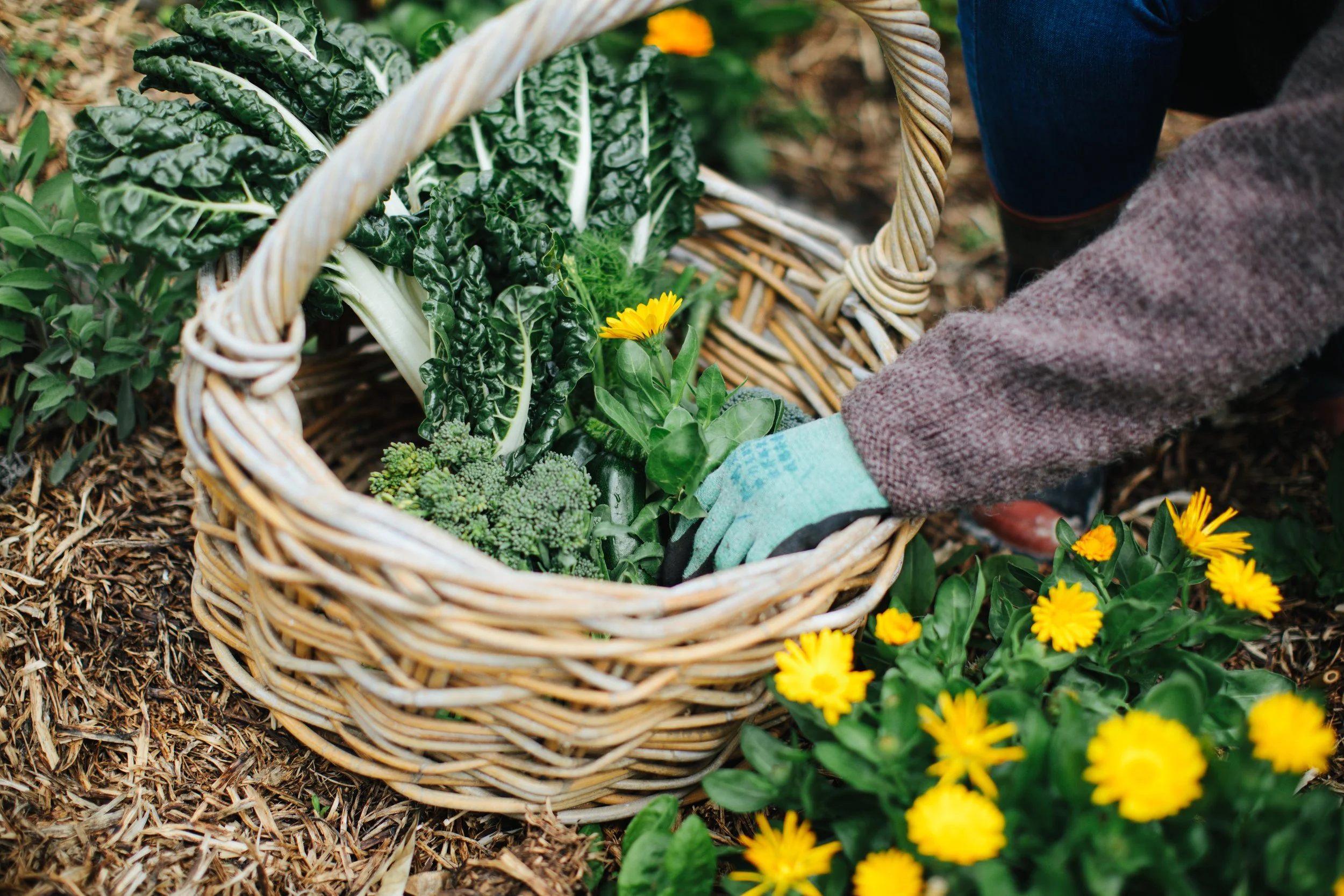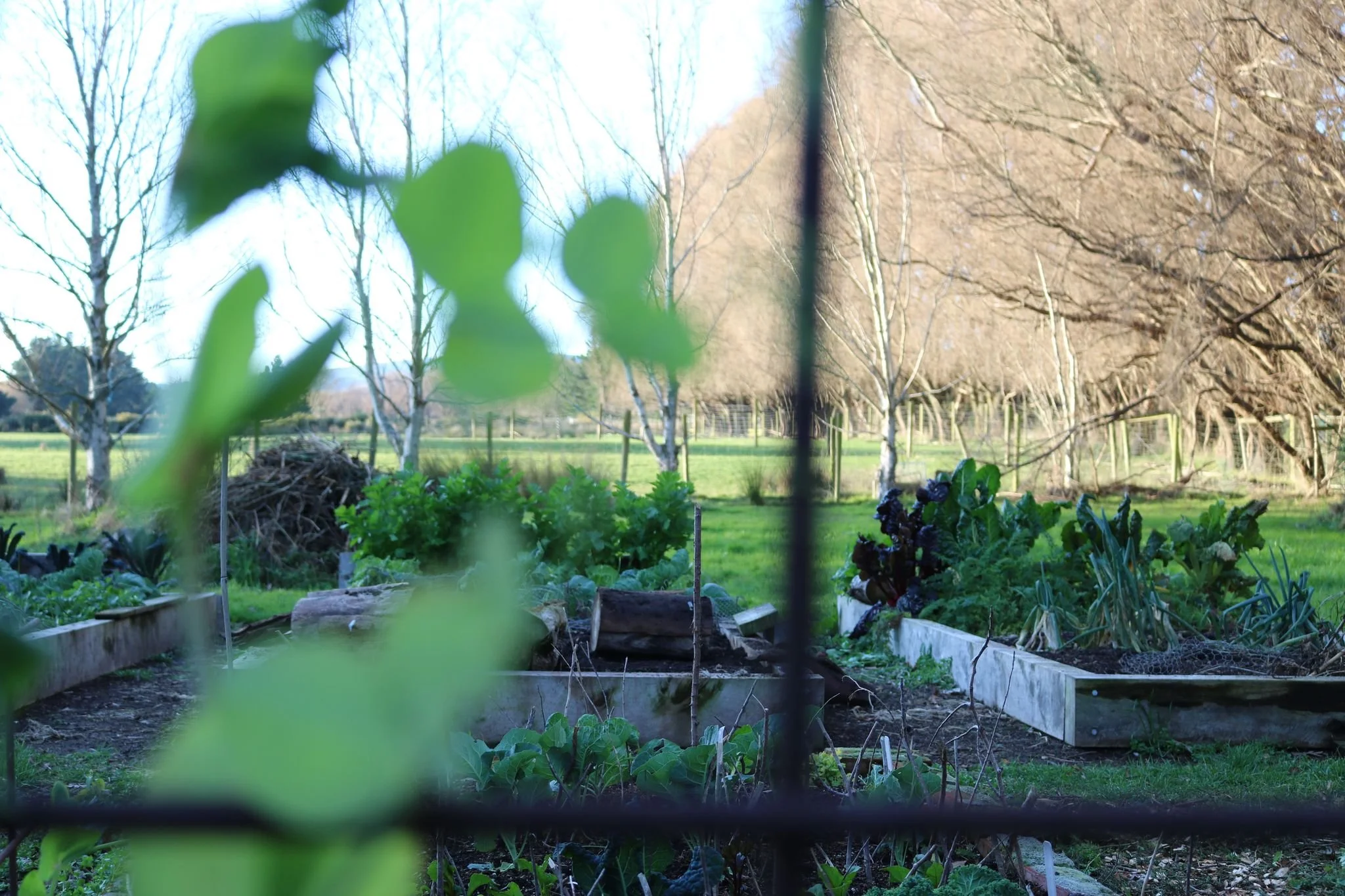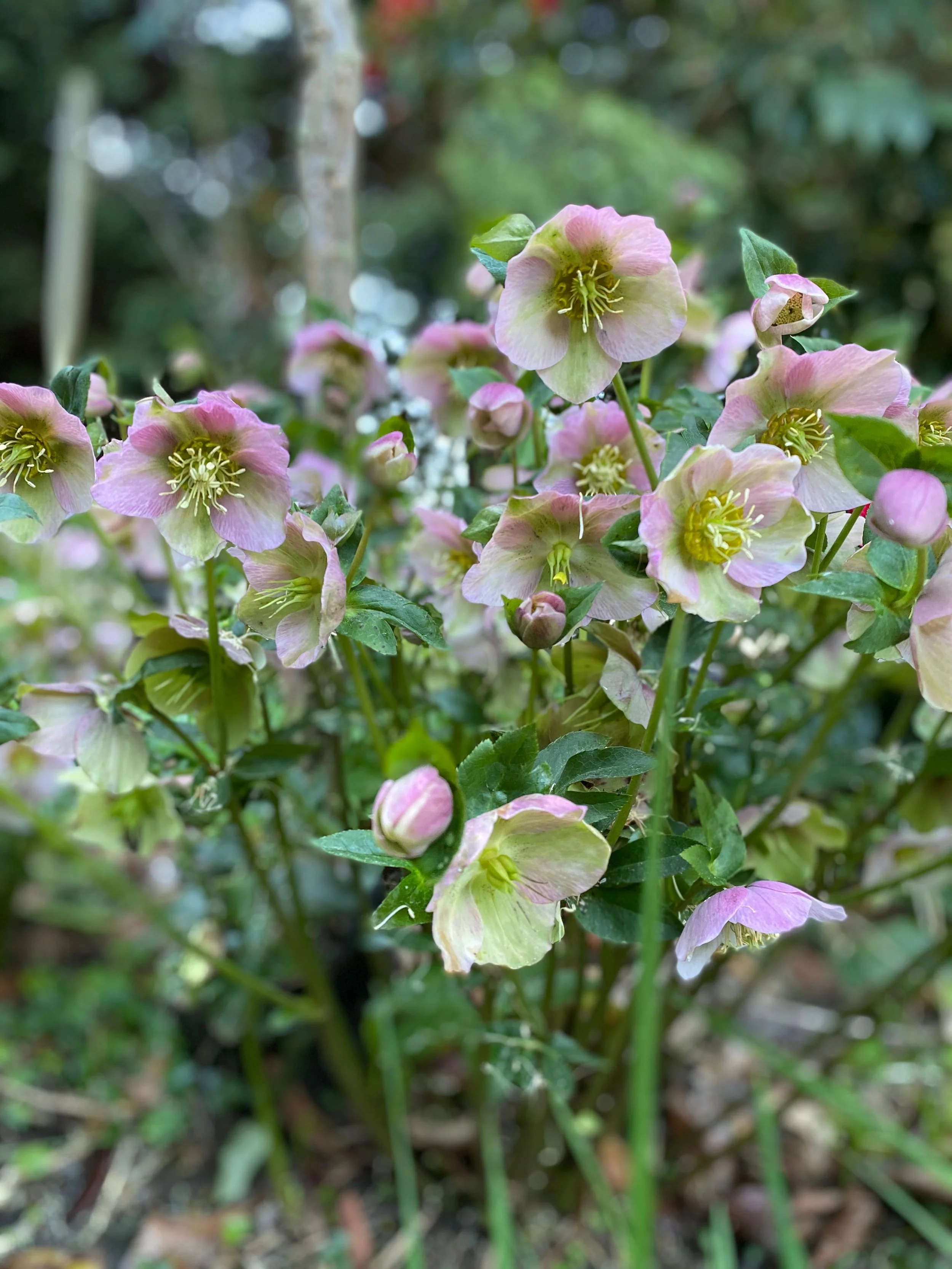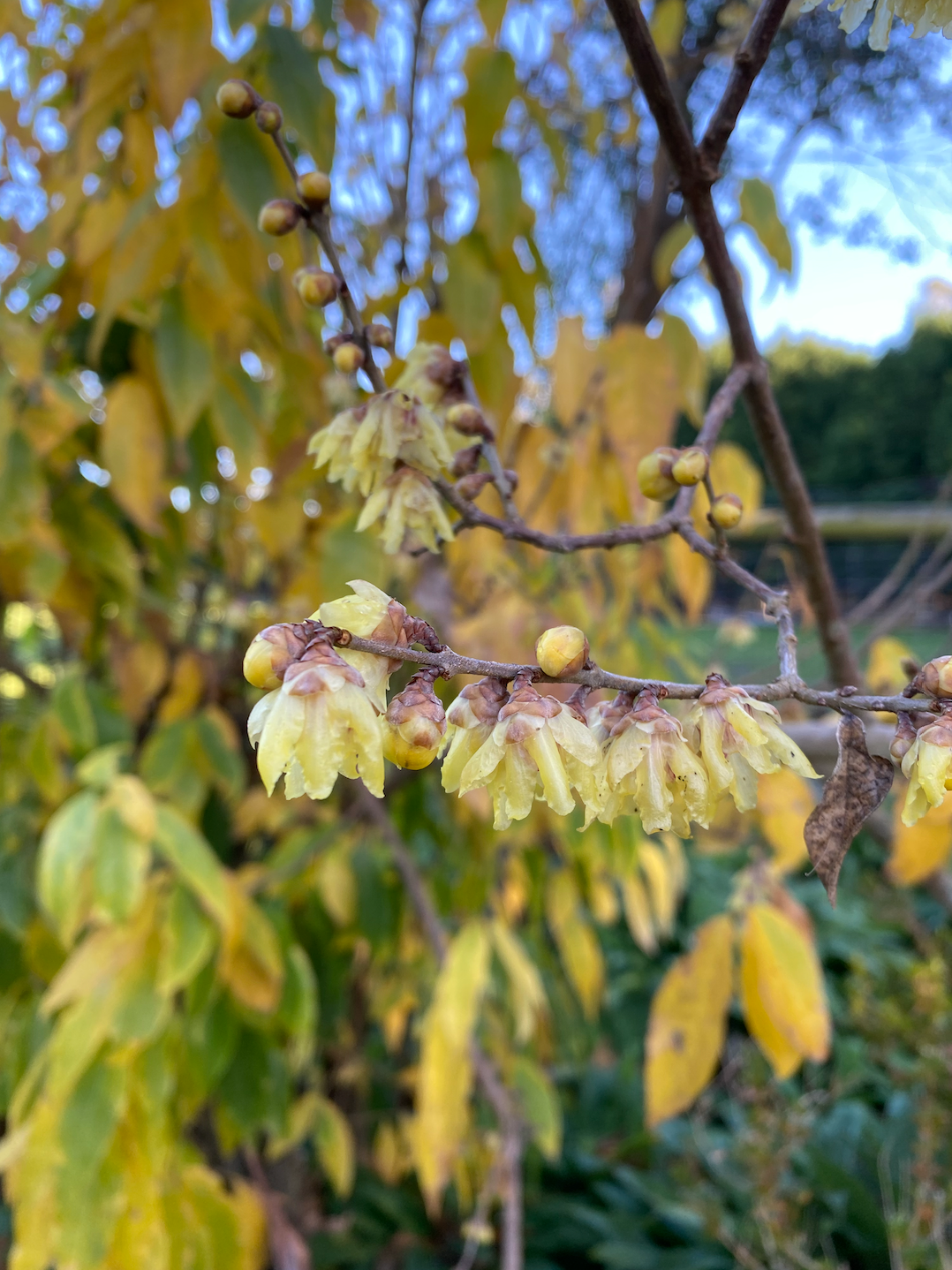Gardening in June/July
The garden never sleeps! It may be cold and our first frosts have arrived but that doesn’t mean the gardening stops.
There are still plenty of things to be doing in the garden in the Winter and there is still a lot of food you can grow too.
If you’re feeling down about your Winter garden, just remember how many plants need this cold to produce big beautiful flowers and harvests for us in the Spring and Summer.
It’s a great time to spend planning your Spring and Summer garden and do some seed shopping!
And don’t forget to search for all of those plants we often don’t notice enough that are bringing us flowery joy in the Winter.
So wrap up warm in all your Winter woolies and let’s get stuck in.
Garden jobs for June/July:
Plant out the remainder of your hardy seedlings.
Continue to harvest your produce. Things like Rocket, Coriander, Beetroot, Calendula flowers, Silver beet, Broccoli and more.
Add mulch and compost to your soil. This helps protect the roots of your plants from the harsh temperatures of Winter. It also helps feed the soil and build up the top soil.
Prune roses and fruit trees.
Lift and store your dahlias. (We don’t but if your soil gets very wet or you get severe frosts then I would)
Sow hardy annuals like Sweet Peas and Poppies (Indoors)
Plant bare root roses and fruit trees.
Remove majority of leaves from Hellebores. This is so you can see the flowers more and the leaves won’t hide them.
Plan your Spring/Summer garden.
Cut back and tidy up perennials. (Unless you want to keep their seed heads for Winter interest)
DO NOT prune hydrangeas yet. If you can bare it, leave the old flower heads as protection for the new growth and buds that will start bursting end of Winter.
Vegetables you can plant out now (if hardened off):
Onions
Celery
Coriander (Direct sow)
Garlic (now until the shortest day)
Baby Spinach
Peas
Lettuce
Silverbeet
Beetroot
Kale
Flowers you can still plant out now (if hardened off):
Nigella
Orlaya
Scabiosa
Larkspur
Snap dragons
Poppies
Bells of Ireland
Mignotte
The benefits of Winter:
A lot of plants actually need the cold period of Winter and a dormant period which is where they conserve their energy and store it ready to bud in Spring. Some examples are Peonies, Lilac, and Grapes which won’t flower or bud well at all if they have not had enough cold. Also, a lot of plants do some serious work on their roots during this time. So it may not look like much is happening on the surface, but there is plenty happening under there. This is why it is so important to get compost and mulch onto your soil to not only reduce weed competition but also to protect the roots and build up your soil.
Also, the harsh cold of Winter is great for killing and pests or diseases in the soil. This can help to break the cycle of a pest or disease in your garden.
And never forget 9 times out of 10, a cold frosty start means a beautiful crisp blue bird day!
“Don’t think the garden loses it’s ecstasy in winter. It’s quiet, but the roots down there are riotous.”
Flowers in Winter:
We usually associate Winter with a bare garden and not many flowers at all. It can be very easy to miss the subtle colours of the flowers during Winter that are brave enough to flower. Often it can be scent that will catch you first in a Winter garden. My favourite Winter flowers are Wintersweet and Daphne. I love them both for their fragrance, they bring me so much joy at this time of year. If you are looking for Winter interest, here is a list of plants I love that flower during Winter.
Wintersweet (Chimonanthus praecox)
Hellebores (Winter Rose Helleborous)
Snowdrop (Galanthus)
Camelias
Daphne
Not only will these flowers look and smell amazing in your garden but they also offer a great source of food for our pollinators during Winter. It is important to plant as much food and interest as we can in our gardens, for not only ourselves but our pollinators and beneficial insects too.
Stay warm,
Flora x




